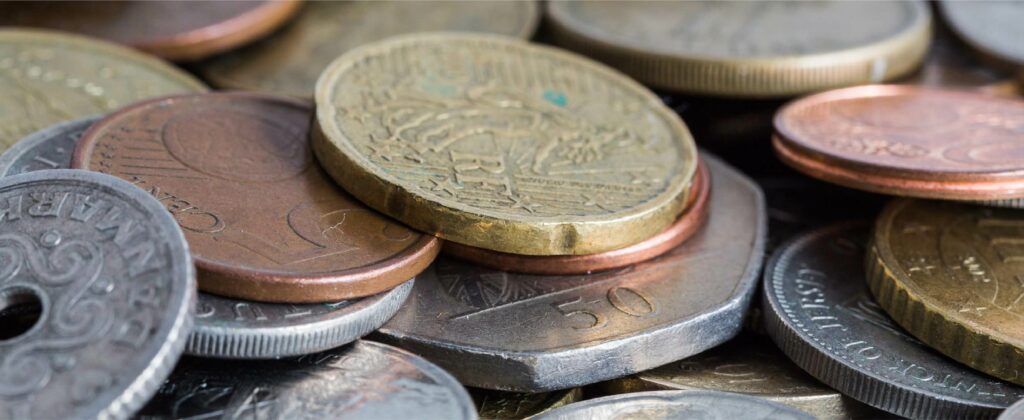What are legal tender coins in the UK? Am I allowed to pay a large bill with pennies? We’ve compiled all the facts you need to know about the legal tender status of coins. You might want to read this in case you want to pay that large bill with bags of copper…
What are the rules around legal tender coins in the UK?
The rules around the legal tender status of coins in the UK are set out in the Coinage Act 1971 and the Currency Act 1983. In England, Scotland, Wales and Northern Ireland, all coins minted by the Royal Mint and authorised by Royal Proclamation are legal tender.The following coins are legal tender in the UK:
- All regular circulation coins: 1p, 2p, 5p, 10p, 20p, 50p, £1 and £2 pieces;
- Commemorative coins: 25p Crowns, £2 old style coins, £5 Crowns, £20, £50 and £100 coins;
- Silver Maundy money coins handed out by the sovereign each year on Maundy Thursday;
- Gold coins: sovereigns and half sovereigns.
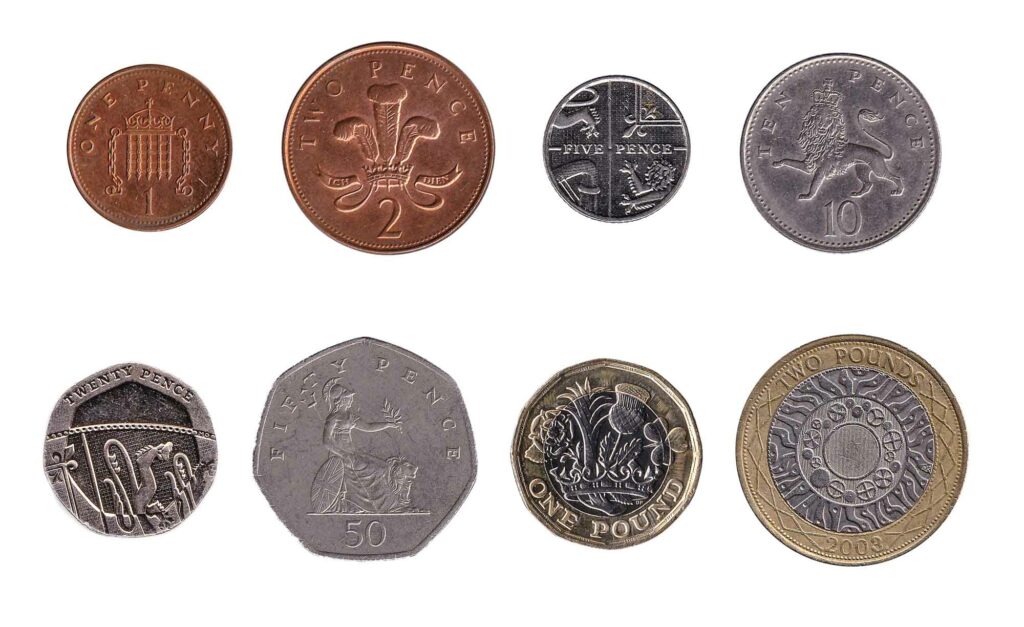
Are the old £1 pound coins still legal tender?
No: The old round £1 pound coins are no longer legal tender since 15 October 2017. You cannot use them to make a payment, but most UK banks still allow their customers to pay the old £1 pound coins in their bank account. Another way to cash in your old £1 pound coins is to send them in for exchange by post.The following are NOT legal tender coins in the UK:
- Old £1 coins
- Withdrawn coins: farthing, pre-decimal halfpenny, pre-decimal large penny, threepence, sixpence, shilling, florin, decimal half penny and larger versions of 5p, 10p and 50p coins.
- Gold and silver coins if their weight has become less than the specified weight.
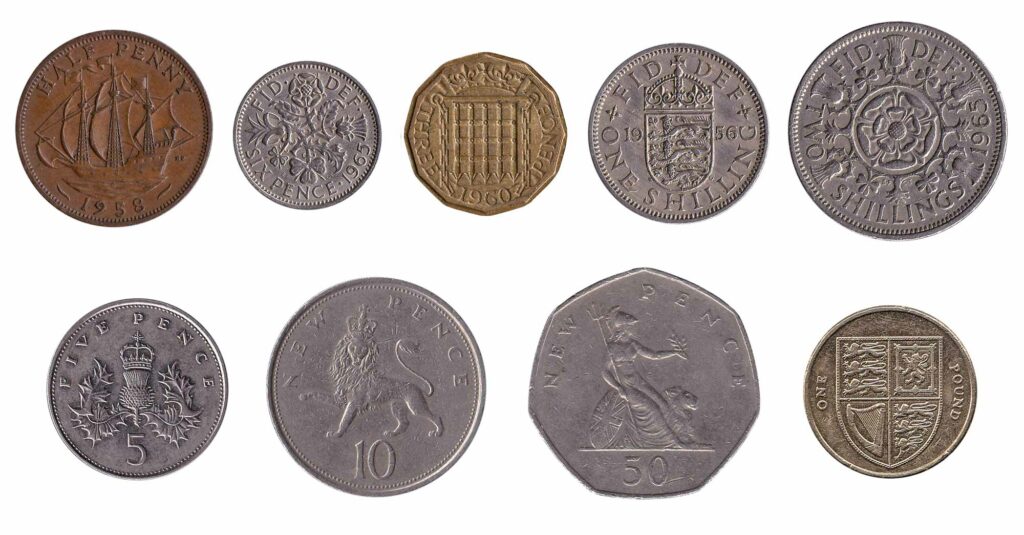 Although these withdrawn and demonetized coins are no longer legal tender, it is still possible to exchange them for cash, using Leftover Currency’s three-step exchange service for old Sterling coins and pre-decimal coinage.
Although these withdrawn and demonetized coins are no longer legal tender, it is still possible to exchange them for cash, using Leftover Currency’s three-step exchange service for old Sterling coins and pre-decimal coinage.
What is the maximum amount I can pay in coins?
The maximum amounts for which coins are accepted as legal tender in the UK are as follows:- For £2 and £1 coins: any amount
- For 50p and 20p coins: up to £10
- For 10p and 5p coins: up to £5
- For 2p and 1p coins: up to 20 pence
For the 50p, 20p, 10p and 5p coins, the maximum amount accepted as legal tender is the same as the value on a “No Mixed Coin” plastic money bank bag. The maximum legal tender amount for 2p and 1p coin is only 20p, not the £1 on the bank bag for ‘in bronze’.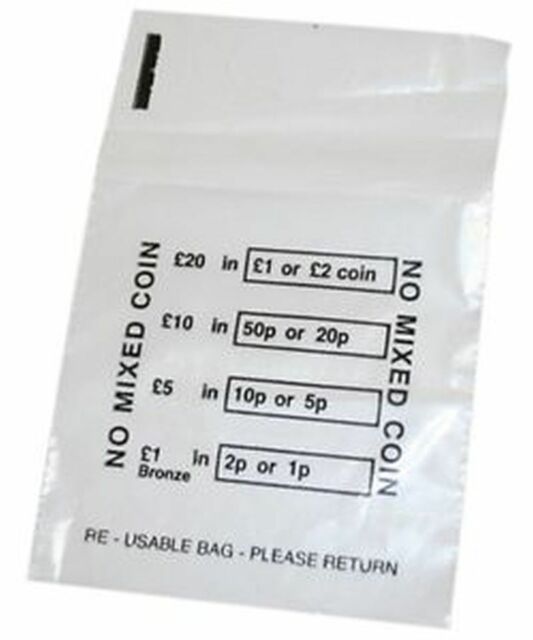
What is the maximum amount I can pay in 2p coins?
As defined in the Coinage Act 1971 you can pay any amount of up to 20 pence in 2p coins. The buyer and the seller can agree to allow payment of a higher amount in two pence coins, but 2p coins are not legal tender for payments over 20p.It’s therefore not recommended to a large bill or invoice with 2p coins. Paying an invoice with non-legal tender coins leaves the door open for the debtor to be sued for non-payment.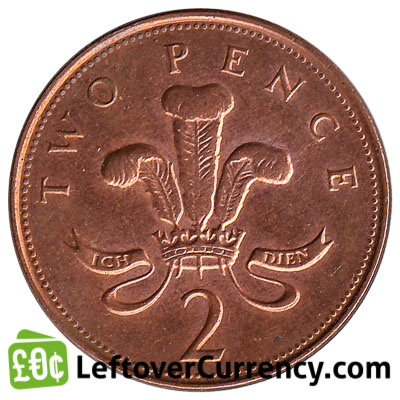
What is the maximum amount I can pay in 1p coins?
As defined in the Coinage Act 1971 you can pay any amount of up to 20 pence in 1p coins. The buyer and the seller can agree to allow payment of a higher amount in penny coins, but pennies coins are not legal tender for payments over 20p.Save yourself the trouble and don’t pay large debts with copper small change. Unless of course you want to show off and buy a Ferrari with pennies.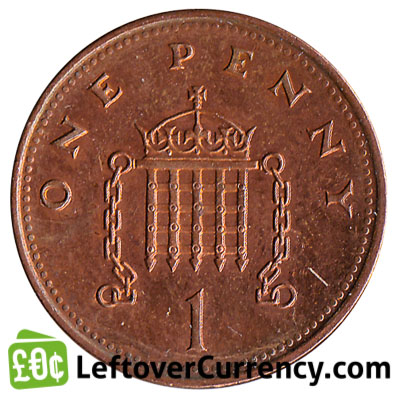
Are British coins legal tender anywhere else in the world?
In addition to the UK, British coins are legal tender in a number of Crown Dependencies and British Overseas Territories. In these territories, British Pound Sterling (GBP) coins are accepted as legal tender, alongside local coins:- Ascension Island
- British Antarctic Territory
- Falkland Islands
- Gibraltar
- Guernsey
- Isle of Man
- Jersey
- Saint Helena
- South Georgia and the South Sandwich Islands
- Tristan da Cunha
In addition to British coins, the current Bank of England banknotes are also accepted as legal tender in these territories. A curious but true fact is that Bank of England notes are NOT legal tender in Scotland and Northern Ireland.
Are Isle of Man Pounds legal tender in the UK?
No. While British coins are legal tender in the Isle of Man, the reverse isn’t true. Isle of Man pounds are not legal tender in the UK. However if you have returned with Manx coins from your trip, it is possible to exchange Isle of Man pound coins to cash.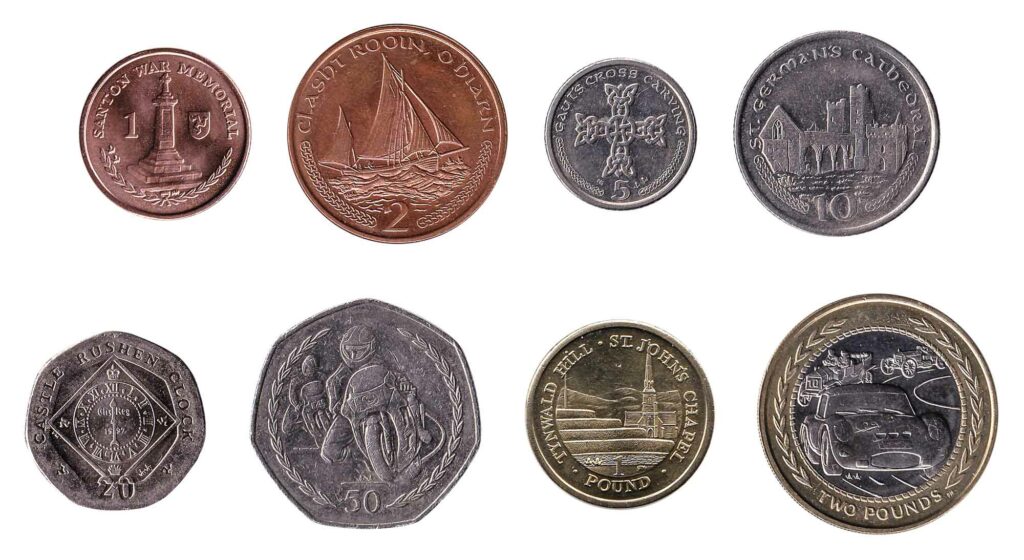
Are Jersey Pounds legal tender in the UK?
No. While British coins are legal tender on the Channel Island of Jersey, it is not so that Jersey pound and pence pieces are legal tender coins in the UK. However if you have returned from Jersey with leftover coins, it is possible to exchange Jersey Pound coins to cash.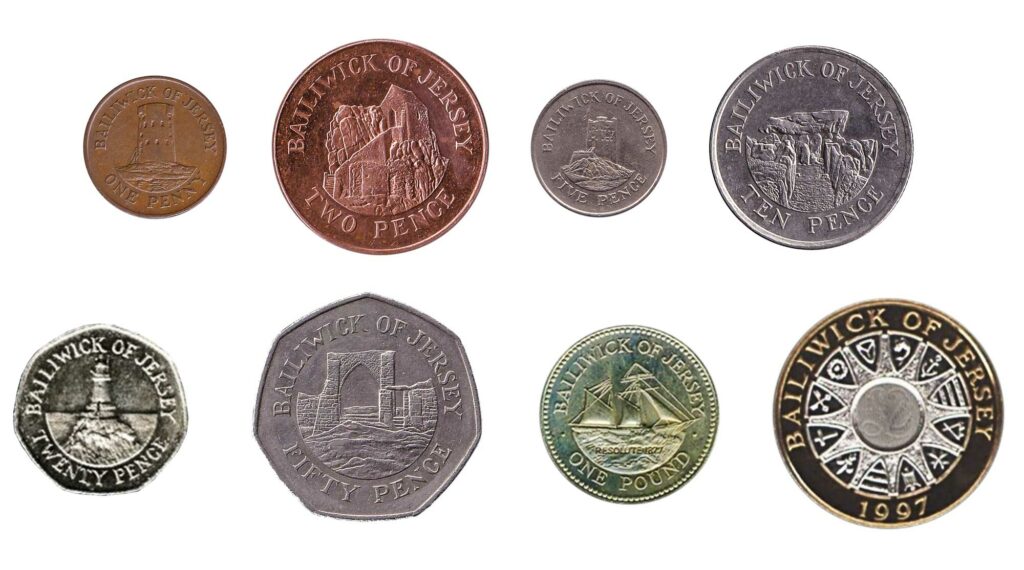
Are Guernsey Pound coins legal tender in the UK?
No. While British coins are legal tender on the Channel Island of Guernsey, the reverse isn’t the case. Coins from Guernsey are not legal tender in the UK. If you have returned from Guernsey with some leftover local coins, it is possible to exchange Guernsey coins to cash.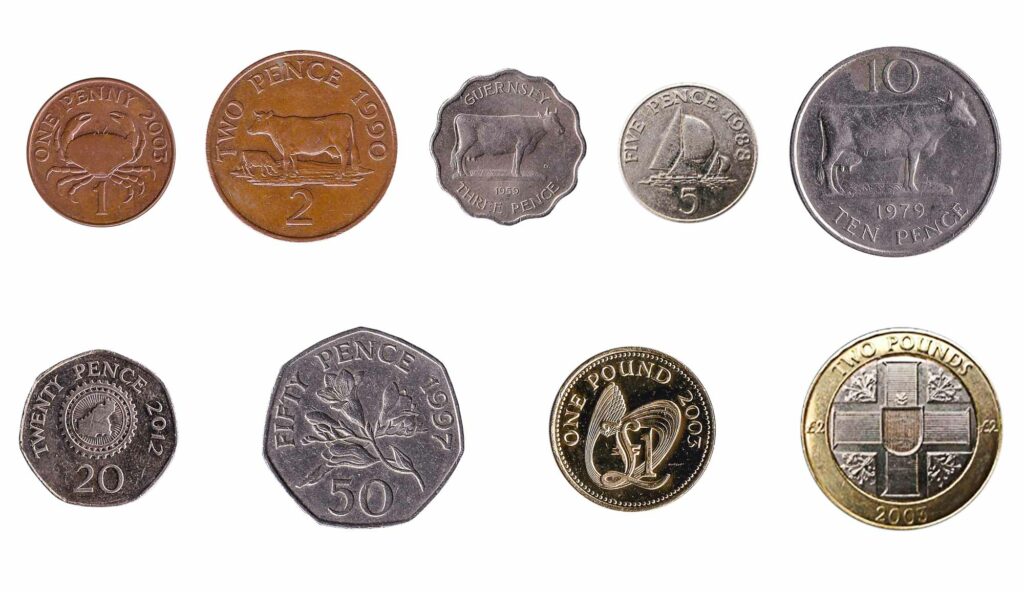
Are Gibraltar Pounds legal tender in the UK?
No. While British coins are legal tender in Gibraltar, it’s not so the other way round: Gibraltar pound and pence pieces are not legal tender coins in the UK. If you have returned from Gibraltar with some leftover local coins, it is possible to exchange Gibraltar coins for cash.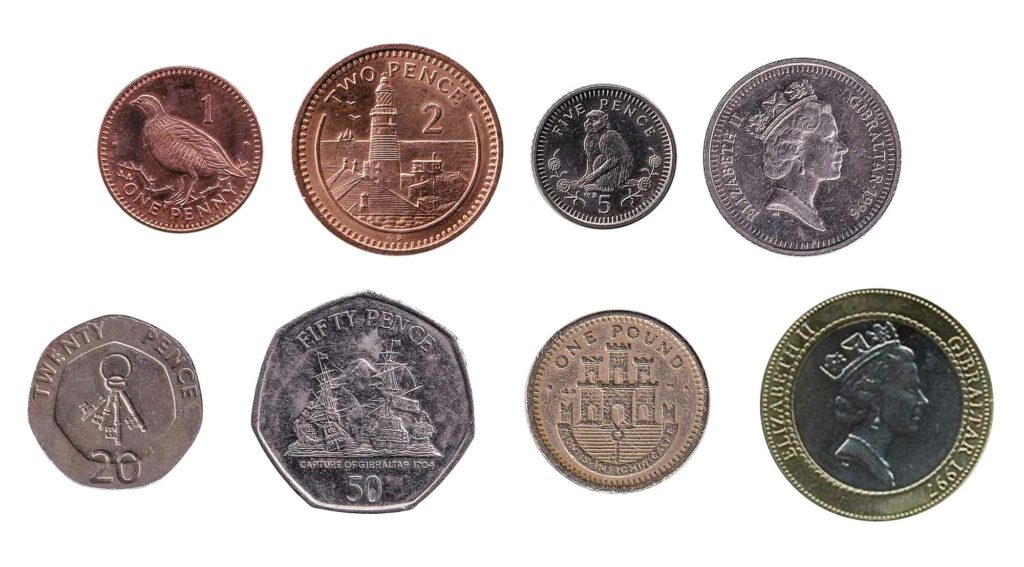
Are Falkland Islands Pounds legal tender in the UK?
No.While British coins are legal tender in the Falklands, it’s not so the other way around. Falkland Pound coins are not legal tender in the UK. Falklands coins are legal tender on the Falkland Islands and also on South Georgia and the South Sandwich Islands. If you have returned from these territories with leftover small change, it is possible to exchange Falkland Islands coins to cash.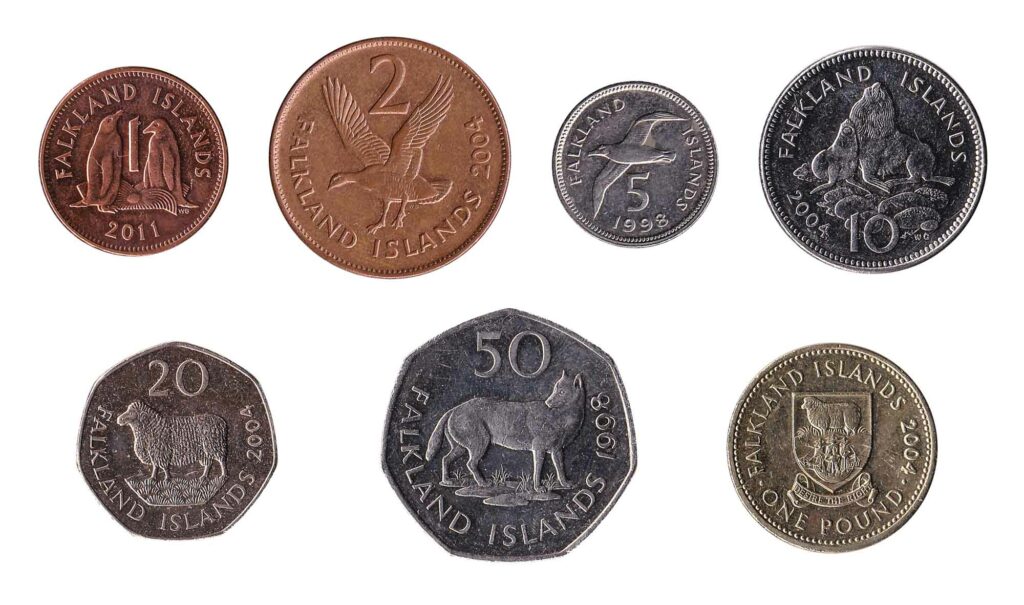

 Loading
Loading